Knowledgebase
Kingshay's Knowledgebase - Farming Notes
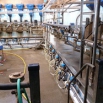
A poorly functioning parlour will damage teats, increase the risk of mastitis and slow milking time. Understanding your parlour is critical to optimise milking and cow...
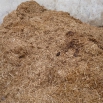
Wholecrop can be barvested at a range of dry matters. Wholecrop silages which are over 55% dry matter can be preserved by urea treatment. Urea treated wholecrop offers ad...
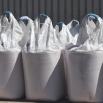
Urea fertiliser can be a cost-effective alternative to ammonium nitrate (AN) in some circumstances. However, a recent government consultation has cast doubt on its future...
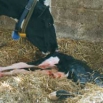
A key to reversing the general trend of declining fertility is to use the right measures which focus on getting cows pregnant. Most of the traditional measures are histor...
.jpg&w=103&h=103&zc=1&a=c&q=100)
Whilst using energy efficiently is clearly important, farmers are in a good position to reduce their electricity cost by making use of alternative energy sources. Wind p...
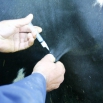
Vaccines have been available from the 1930’s, since then they have made a major contribution to improving cattle health and welfare. They are vital components in preven...
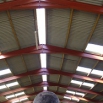
Poor dairy building ventilation can have dramatic consequences on milk production. Research suggests 50% of buildings designed for livestock are not suited to the housed ...
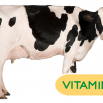
There are several vitamins which are essential for dairy cows. The requirements vary according to the stage of lactation and, because cattle do not synthesise these vitam...
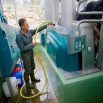
Private water sources are a great way to lower water costs on dairy farms, but failure to routinely monitor and address water quality issues can lead to problems with udd...
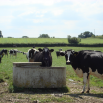
Getting water supply at grass right is a must for optimal cow welfare and to avoid potential dips in production. Water supply is a common pinch point on dairy farms, part...
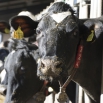
Analysing forages and balancing rations with your nutritionist are important components of cost-effective feeding. Formulating a diet that works on paper is only part of ...
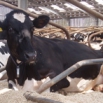
With straw supplies limited and expensive, different bedding options may prove economic for your herd. An increase in straw price of £15/tonne would typically increase c...
